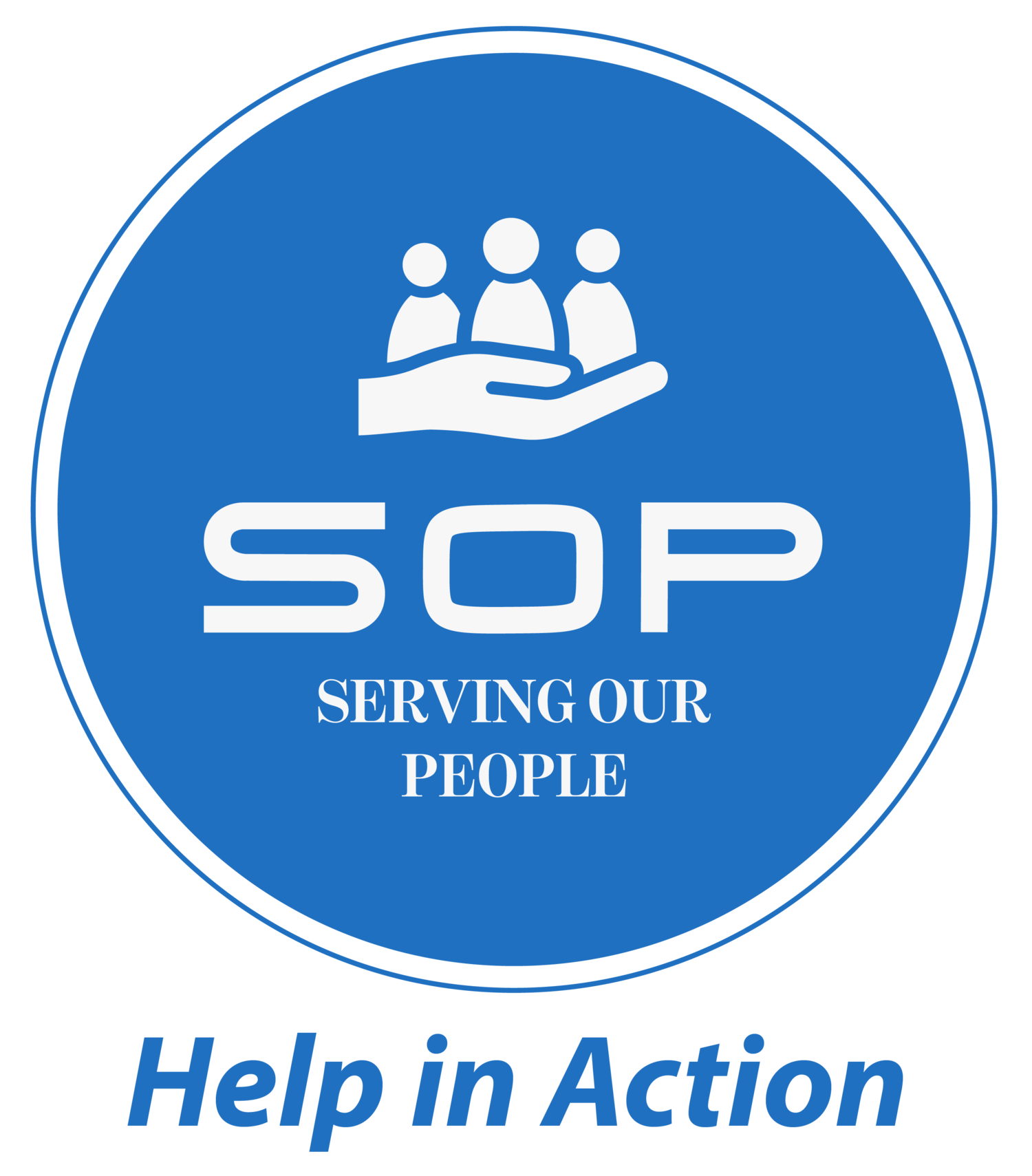Preparing for Emergencies
Emergencies can happen without warning at any time and any place. Thankfully protecting yourself, your loved ones and your valuable possessions is simple. Just follow our guide for more information.
Understand the basics
Understanding basic elements of emergency preparedness is a critical first step in getting ready for an emergency.
Learn techniques and tactics to manage stress
Positive self-talk and affirmations.
Take deep breaths.
Help the people around you remain calm.
Emergencies are often extremely stressful situations. To reduce your stress levels and improve your decision making, it’s important to understand and practice ways to manage stress.
Learn which hazards are likely to affect you
Power outage.
Flood.
Storm.
Fire.
Heatwave.
Cyclone.
Medical.
Public disturbance.
Remember who you may need to contact
Ambulance, Police, Fire Triple Zero (000)
SES (flood and storm) 132 500
Poisons Information Line 13 11 26
Lifeline 13 11 14
Know where to find information in an emergency
In Australia the official emergency broadcaster is the ABC who will broadcast vital up-to-date information. You can visit ABC Local Radio to find your radio frequency.
You can also subscribe to ABC Emergency on Facebook and Twitter for the latest news on conditions as well as updates from official Police, Fire, SES social media feeds.
Become connected
Communities that are connected can support one another in an emergency as well as during the recovery process.
Expand your community
Start meeting other locals – a great place to start is introducing yourself to your neighbours.
Set up a shared garage sale or community clean-up.
Become part of local groups and online communities.
A community isn’t just based on where you live. It can also consist of those that share an interest, hobby, language or religion with you.
Located a support network
A person you can chat with.
Somebody that lives close by who can help.
Someone physically capable of lending a hand.
Your friends, family and neighbours are normally the people most likely to be able to able to help you in an emergency. To be prepared you should have at least three main people you know and trust, that you could ask for help in an emergency. Don’t forget to also let them know that you’ve chosen them as an emergency contact.
Decide on three locations where you and the members of your household can meet
One location outside your house (e.g. your mailbox).
A place outside your neighbourhood (if you can't get home).
Somewhere you can stay for the night.
By planning ahead, you can avoid the stress of being separated from friends and family in an emergency.
Become organised
Proper organisation ca lower stress and save you time during recovery.
Update your insurance (or get insured if you’re not already)
Consider coverage for:
Health.
Pets.
Cars.
Home and contents.
Income protection.
Business and life.
Sufficient insurance cover can help you steer clear of any significant financial stresses associated with your house, income and health.
Store any valuable documents in a safe location outside of your home
Driver’s licences.
Birth and marriage certificates.
Immigration documents.
Passports.
Wills.
Land titles and mortgages.
Prescriptions.
Insurance documents.
Being able to identify yourself, prove ownership of your property and giving details to your insurer can become a real hassle if you don’t have the original paperwork or copies of it.
Have a plan in place for your animals
Think about what your pets/livestock need for a week (e.g. food, medication) and how you would select, move and store them. It is also important to plan for a scenario in which you are unable to return home.
Unfortunately people lose their lives during emergencies while returning home to rescue their animals. Having peace of mind that they are safe throughout an emergency can lower your stress and keep you out of danger.
Get packing
During a crisis, there’s normally not enough time to think, let alone pack. By packing a survival kit ahead of time, you can eliminate a significant amount of time and stress.
Here are some things you may want to consider packing
Portable water.
Food.
Warm, waterproof clothing and comfortable shoes.
Torch and batteries.
Mobile Phone.
Radio.
Device chargers.
First aid kit.
Medication.
Pet essentials.
Cash.
It’s also worth packing items that will limit the disruption to your life after a crisis, such as copies of essential documents and personal items that hold significant meaning to you.
